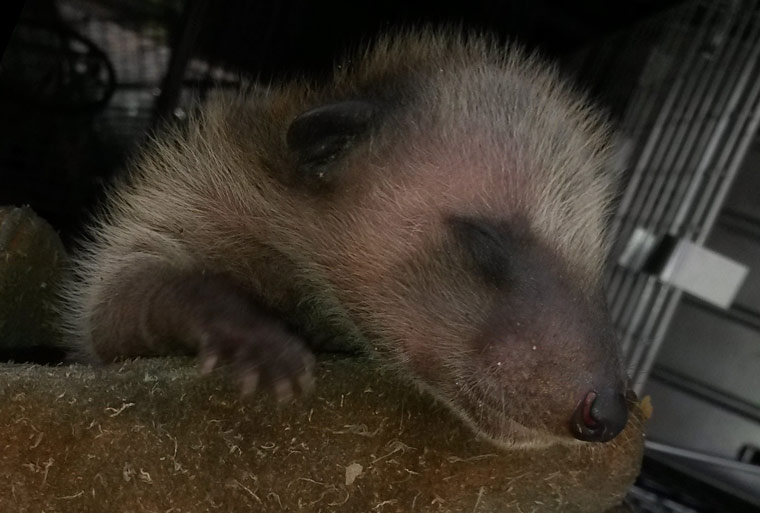-
info@aaanimalcontrol.com
Call us for help in your town
Humane Wildlife Education
What diseases can a wild animal carry?
Need wildlife removal in your hometown? We service over 500 USA locations! Click here to hire us in your town and check prices - updated for year 2020.
The kind of disease threats you’ll be faced with when dealing with wild animal removal will change from animal to animal. Some animals bring with them very few threats when it comes to dangerous diseases, but most of them bring diseases that can be deadly.

One of the biggest worries with these animal-borne diseases, is that they can often come with symptoms that are the same as many other non-animal-initiated conditions. Rabies, in its most extreme cases, can cause confusion, aggression, and anger. In the earlier stages, however, it brings a headache, some muscle aches, fever, chills, an aversion to bright lights … Some people, many people, in fact, would just put this down to feeling a little “under the weather” for a few days. It will only be once the disease has carried on for a few days, or gets much worse, that they will seek medical intervention. By that point it could be too late. This is most definitely the case with diseases such as rabies, which requires treatment (a course of vaccinations) before the symptoms start to show. If the symptoms DO show, the disease is usually too far gone in the body to be able to treat, and the outcome is almost certainly going to be death.
It isn’t just rabies that you’ll need to deal with, in terms of wild animals and their diseases, although foxes, coyotes, raccoons, and bats are often the worst culprits for spreading the disease around. Zoonotic is the term used for a disease that an animal can pass on to humans, and they are actually a lot more common than you first may have thought.
Salmonella, salmonellosis, or the humble bout of “food poisoning” is a brief and uncomfortable condition for most people, usually only lasting a few days. The “tummy bug” is normally put down to a “dodgy dish” — uncooked meat on the BBQ, for example, or a really bad takeout place. Most homeowners don't consider that the condition could first have started from a wild animal.
This is a disease can be spread via the contaminated waste matter of quite a large number of wild animals, rats, mice, squirrels, raccoons, opossums, skunks and more included. You might want to think twice about feeding that cute squirrel you've spotted in the back yard, or the hilarious raccoon. If you knew getting too close could give you a rather nasty upset stomach, we're sure you wouldn't want to get too close to the animal, or anything the animal came into contact with.
Once upon a time, HIV was a disease that was considered to be a zoonotic, initially passed on to humans from animals. This is no longer the case, and is now a disease that can only be spread by human to human contact, and this adaptation / evolution is being seen in a quite a lot of diseases. 2009 saw a swine flu outbreak, and in 1918, Spanish flu became a problem. These diseases are constantly growing and adapting and evolving, just as their wild animal hosts are, and that’s what makes them particularly dangerous. With antibiotics treatment success low, mostly due to viruses and bacteria becoming immune to what was once designed to cure or treat them, you definitely shouldn’t take for granted that the animals you CAN get from wild animals are treatable.
In scientific studies, with over 1,400 disease-causing pathogens in humans investigated, over 60 percent of them were diseases that could be transmitted from animals to humans — zoonotic, and the fact of the matter is, many of our human diseases actually once started out in wild animals.
For more information, you may want to click on one of these guides that I wrote:
How To Guide: Who should I hire? - What questions to ask, to look for, who NOT to hire.
How To Guide: do it yourself! - Advice on saving money by doing wildlife removal yourself.
Guide: How much does wildlife removal cost? - Analysis of wildlife control prices.
animals in the attic
noises in the attic
Raccoon Roundworm — What Is It?
Sick Raccoon Symptoms


















